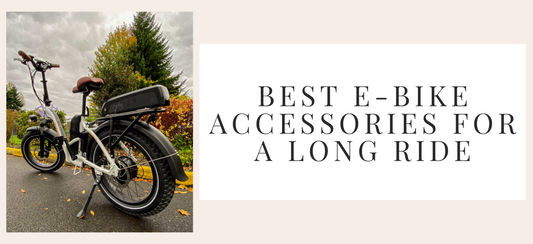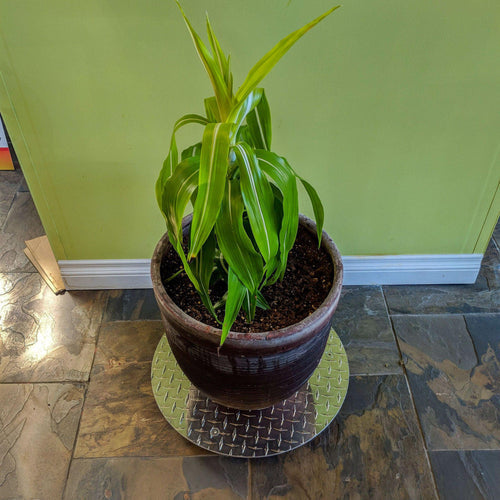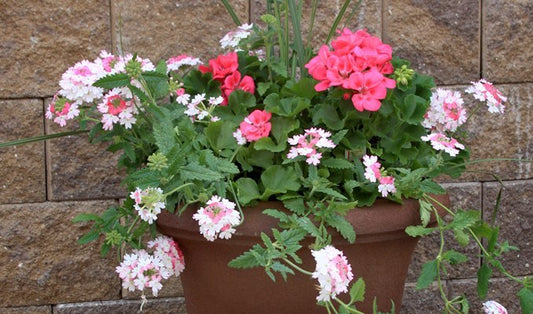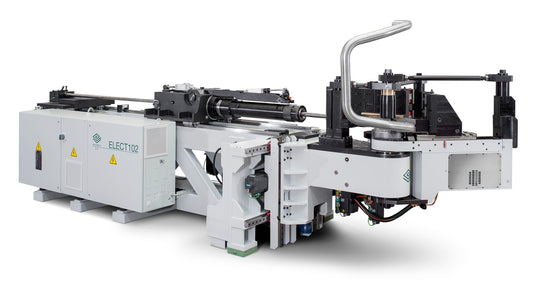It’s hard to imagine a garden without a compost bin. Compost plays an important role in organic gardening.
Compost is the right investment in the soil. Compost makes it possible for gardeners to create lush and fertile soil that’s required for growing plants.
Homemade compost is a good alternative to expensive fertilizers. So, you will save a lot of money if you choose to make your own compost at home.
It’s also important to note that a composting is a great way to get rid of waste. With a compost bin in a garden, you’ll be able to reduce your junk removal costs dramatically.
Compost is nature’s fertilizer that makes a garden more productive. Experts say that homemade compost feeds soil much better than fertilizers which are available for sale.
Making and managing compost requires certain knowledge as well as experience. However, you’ll find it easy to make your own compost for a garden if you know how to compost at home.
Today, we’ll share some composting ideas as well as tips to help you make compost in a compost bin. Hopefully, this will help you develop your own compost technique over time.
So, let’s get started.
Take Advantage of DIY Composter Bin Bracket Set
First and foremost, you have to create a composter bin for your garden. You’ll manage to do this fast and easy if you make use of DIY composter bin bracket set.
DIY composter bin bracket set is a ready solution for gardeners, who need a composter bin. The set comes with brackets, wood boards and screws. So, you’ll get everything that’s needed to assemble an effective compost bin for your garden.
Pay a close attention to materials. Give a preference to a composer bin set that comes with stainless steel brackets. Also, it would be better to use cedar decking boards for creating a composter bin. Such a composing bin will serve you for a long time.
Make sure that you’ll be able to customize the size of a compost bin. So, you’ll manage to create a compost bin that will fit your space available.
Choose the Right Location for a Composter Bin in Your Garden
Let’s assume that a composter bin has been assembled. Next, you have to find the place for it in your garden.
Keep in mind that your compost bin shouldn’t be located in the shadow. Try to locate the bin in the place that gets a lot of sunlight during the day.
What You Can Put in a Compost Bin
Once a compost bin is created and located in your garden, it’s time to fill it in. You should add materials to your compost bin and then toss them inside.
The materials that can be put inside a compost bin fall into two categories. These include:
- Green/wet materials
- Brown/dry materials
Make sure that your compost bin contains green/wet materials as well as brown/dry materials.
Among the green/wet materials that can be composted are: lawn grass, tree leaves, weeds, flowers, coffee grounds, tea leaves, tea bags, fruit peel leftovers such as orange peels, grapefruit peels, lemon peels, lime peels and vegetable food scraps such as banana peels, kiwi skins, potato peels, etc.
Among brown/dry materials that can be composted are: dry and dead leaves, wood shavings, tree branches, etc.
It goes without saying that these kinds of ingredients would be good elements for your home compost.
Green/wet materials are rich in carbon while green/wet materials are high in nitrogen.
Compost pile is the mix of green/wet and brown/dry materials. However, the materials need to be mixed properly.
It’s recommended to add 50% of green/wet materials and 50% of brown/dry materials to make the perfect compost for a garden. You can also try to use 60% of green/wet materials and 40% of brown/dry materials.
Sometimes, it’s necessary to add more green/wet or brown/dry materials to a compost bin.
Let’s say that your compost pile is not heating up. In this case, you should add more green/wet materials to a compost bin. Does your compost smell? If so, you should add more brown/dry materials to it.
You can also make experiments with the ratio of green/wet and brown/dry items. This will help you figure out what mix works better for you.
Things that You Shouldn’t Compost
On the other hand, there are things that shouldn’t be composted. These include: animal fat, bones, dairy, leftover meat as well as diseased and dying plants, etc. It’s important to know that these items can damage your compost.
Add Water to Compost Piles if Necessary
Water is a key component of compost piles. However, the amount of water affects compost piles. That’s why it’s so important to check moisture levels in your compost bin.
Too much water or too little water will have a negative impact on your compost. So, your compost shouldn’t be either too wet or too dry. The moisture content in your compost pile has to be between 40% and 60%.
It’s crucial to manage moisture in your compost pile. When compost is too wet, it begins to smell. However, the compost decreases in size when it’s too dry. In this case, you need to add water to compost and mix it thoroughly.
Let’s say that you live in the area with dry weather conditions. If so, you should add water to your compost more frequently to keep your compost pile moist.
Or, maybe, it has been raining for a couple of days. If this situation happens, then you shouldn’t add water to your bin until your home compost dries out.
Turn a Compost Pile
Turning the pile is crucial for making great compost. When a compost pile is turned, compost in your bin is saturated with the oxygen. Use a pitchfork to turn the pile and physically mix the contents of your compost bin.
Actually, the more frequently you turn a compost pile – the better. Ideally, you should turn your compost pile at least once a week. When turning compost, you should aim to dig deeper and try to reach the bottom of your compost bin.
Conclusion
Starting a compost pile is easy if you know the composting process very well. Take advantage of our ideas and tips to turn your waste into nutrient rich compost successfully. After that, you’ll be able to use this compost to improve your soil and feed plants in your garden. Best of luck!





